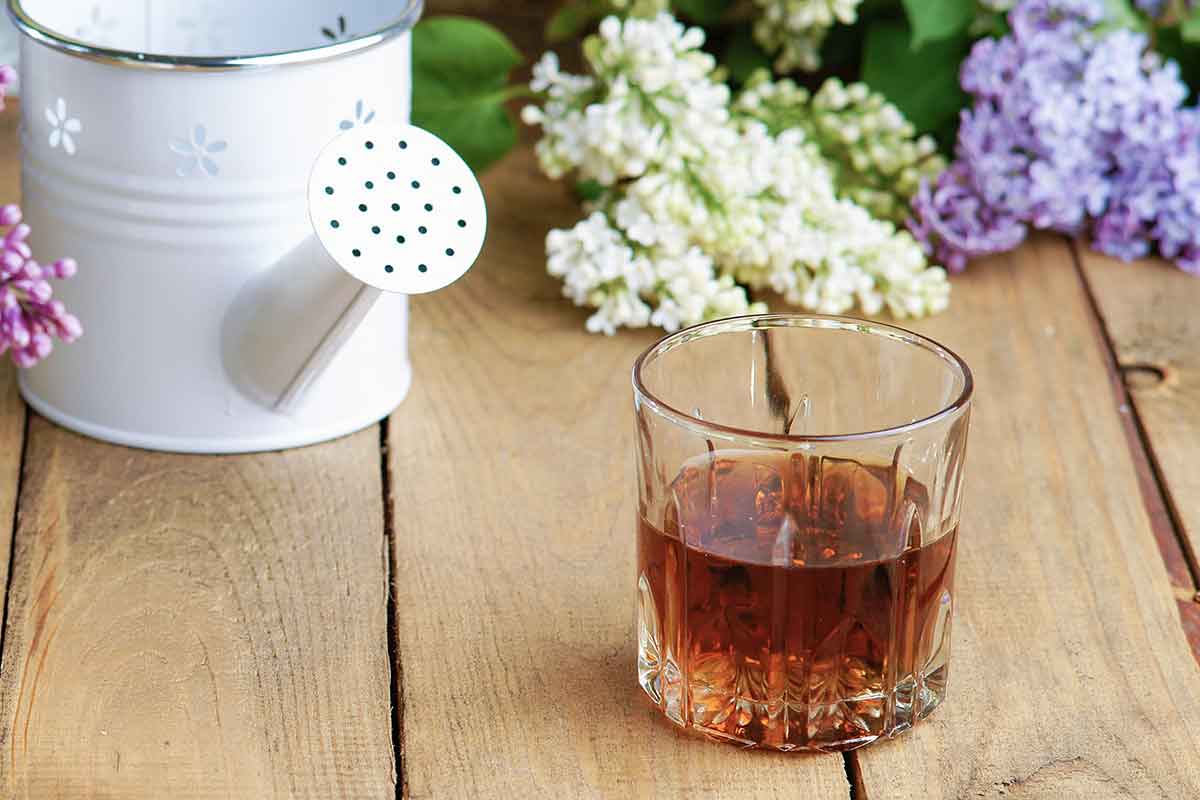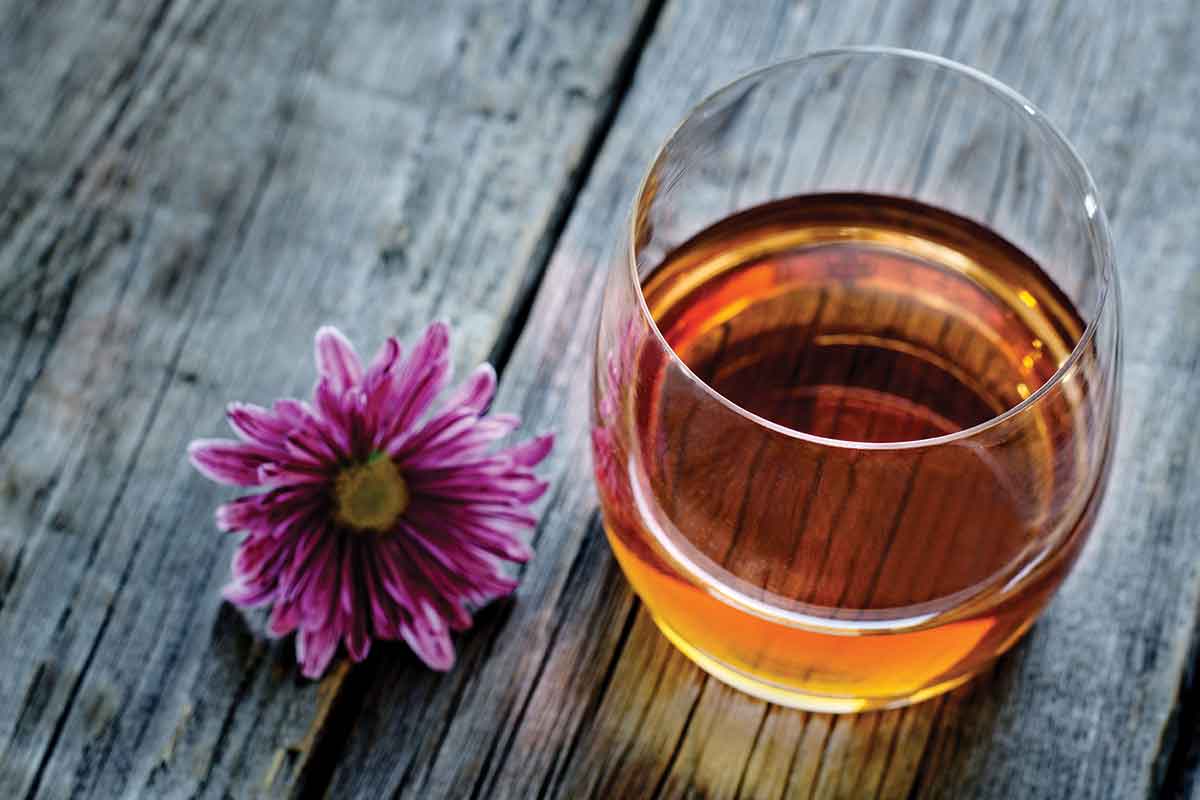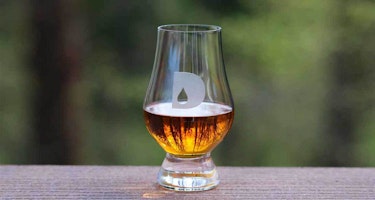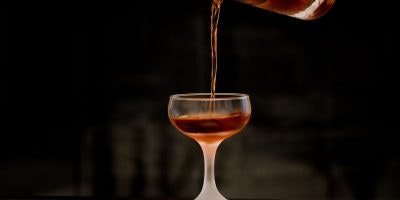The last decade has seen a broad migration of the western world’s classic spirits to new countries of production in every corner of the world. Throw a dart onto a map and you’re likely to find a distillery producing whiskey or gin nearby. What goes around, comes around, though, and now U.S. distillers are trying their hands at traditional Asian spirits. The result is American-made products made in the style of Chinese baijiu, Japanese shochu, and Korean soju.
Buffalo Trace Experiments with Baijiu
A recent example of Asian spirits being produced in the States caught the eyes of many American whiskey fans. Buffalo Trace announced in April that it was releasing a baijiu-style spirit to in its Experimental Collection. This unique spirit was made with a combination of sorghum and peas which were fermented and distilled together using whiskey processes.
The product was matured for 11 years which is notable for any spirit. But it also means that Buffalo Trace thought of this idea way back when, conducting the distillation in October 2009. “Baijiu has been the leading global spirit for many decades and the history, techniques, and recipes are vast,” says Harlen Wheatley, Buffalo Trace master distiller. “We wanted to see how the spirit interacted with our American white oak barrels.”
The spirit’s maturation then unfolded uniquely with the distillery opting to use uncharred, charred and toasted white oak barrels. The three components were then married together and proofed down to 45% ABV. Significantly, baijiu is not traditionally matured in oak. The maturation helped to bridge the gap between the Asian spirits’ traditional ingredients and the tastes of American whiskey drinkers.
“I suppose it falls somewhere in the middle,” Wheatley says, referencing a spectrum between whiskey and traditional baijiu. “It certainly has some of the original spirit showing through, and I believe it is due to the toasted barrel that only rounded the edges of the new distillate. The deeper chars allowed more wood sugars and tannins to interact. This is truly a one of a kind spirit.”
One of a kind indeed. Expect flavors as wide ranging as mushy apples, ginger chews and molasses, to freshly-sod grass and beef jerky.

The Craft Players
American Shochu Company
There are a number of smaller producers who have made it their sole mission to create their own takes on Asian spirits here in the U.S. For many of them, it’s a chance to be hands-on with something they love from home, whether that might be Japan or Korea.
In the case of the former, there’s the American Shochu Company, the first shochu distillery on the continent. Based in Frederick, Maryland, the company’s flagship product is UMAI! Organic Barley Shochu, bottled at 24% ABV. The distillery also produces a higher-strength shochu dubbed Roy’s Demon. They use koji for saccharification and fermentation, a type of fungus traditionally used in the production of the Asian spirit. But as this is a first of its kind operation, its founder had to register the strain of mold he uses, aspergillus luchuensis, with the USDA.
Yobo Soju
When it comes to American-made soju, there are several brands, including Yobo Soju, which is made at Finger Lakes Distilling. Rather than use traditional ingredients such as rice, barley or sweet potatoes, they opted to use locally-sourced Catawba grapes. Then they bottle the product at 23% ABV. “Making soju from fruit is not at all traditional,” says Carolyn Kim, the brand’s founder. “There are already many interesting rice-based soju out there. My hope is to see the soju category expand and evolve. Using grapes was a risk, but I wanted to add to the conversation.”
She sees that as a similar step forward as to what she’s been seeing with Korean food. “I wanted to create a quality soju that could keep up with the innovation in Korean cooking that is happening now,” she says. “I have always been drawn to the rich traditions of Korean culture, but Yobo is definitely not soju rooted in tradition. Yobo is born from my identity as a Korean American as well as fond memories with friends.”
The brand also just announced a collaboration with Top Chef winner Kristen Kish to create a line of flavored soju. “Partnering and creating with the team of Yobo feels so empowering,” Kish said in a statement. “Not only am I excited to create a delicious beverage, more importantly, it means a tremendous amount to partner with a Korean woman showcasing an Asian American spirit. I am honored to sit at the table with this group of creators and entrepreneurs feeding off one another’s creativity and excitement for Yobo and its future.”

West 32 Soju
Another entrant into the space of American-made Asian spirits is West 32 Soju, founded by friends Daniel Lee and Maxwell Fine. They make their soju from a corn base and use just a touch of natural cane sugar. Significantly the spirit is made without the use of artificial sweeteners or additives. The duo believe that those additives were the culprits behind the hangovers they sometimes suffered after enjoying a bit too much mass-produced soju out on the town.
In addition to the brand’s Original label, bottled at 19.99% ABV, they also produce a Reserve. Bottled at 32% ABV, the Reserve is the first and thus far only barrel-aged soju made in the U.S. “It has the smooth texture of soju with notes from the whiskey barrel, such as oak, vanilla and nutmeg,” Fine says. The Reserve is aged for up to a year in first-use char #3 whiskey barrels.
It’s exciting to see American producers experimenting with these traditional Asian spirits. You can expect to see more releases of these unique spirits in the years to come.
Looking for other American brands dabbling in Asian Spirits?
With Distiller, you’ll always know what’s in the bottle before you spend a cent. Rate, Review, and Discover spirits. Head on over to Distiller, or download the app for iOS and Android today!
Want to enjoy Distiller ad-free plus exclusive discounts, giveaways, features and other perks? Join Distiller Pro today to support the Distiller platform and keep ads off of your screen.


